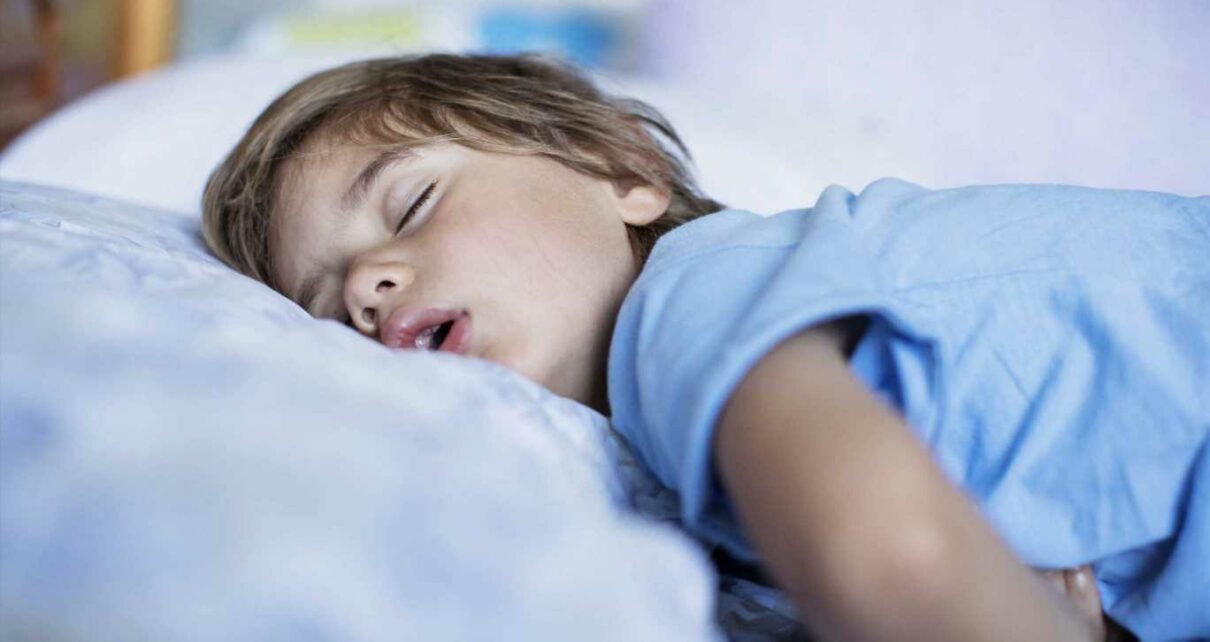MENINGITIS kills more kids under the age of five than any other infectious disease.
But it is often mistaken for flu or other childhood illnesses as many of the symptoms overlap.
Most commonly, youngsters will have a fever, headache, vomiting and a rash that does not fade when a glass is rolled over it.
Others might experience sensitivity to bright lights, a stiff neck and seizures, or fits.
And parents may also find their little ones feel particularly sleepy or become difficult to wake following a nap.
However, the NHS notes that some children may not display any symptoms at all.
READ MORE ON MENINGITIS
Mum shares warning after discovering deadly meaning behind ‘innocent’ mark
As Jeff Beck dies suddenly of meningitis at 78 – the 9 signs you must know
According to the Meningitis Research Foundation, the condition is characterised by inflammation of the lining around the brain and spinal cord.
Septicaemia is blood poisoning caused by the same germs and is the more life-threatening form of the disease.
Septicaemia can occur with or without meningitis.
The most effective way to protect your children from meningitis is to make sure they are fully immunised.
Most read in Health
Taking aspirin daily could increase your risk of silent killer, study warns
Dame Debs dances with husband in emotional video for charity single out today
Brain cancer that killed my daughter Laura Nuttall is being neglected by NHS
Hard line docs could inflict years of misery by staging strikes beyond 2025
But not all forms of the disease can be prevented, so it's important to recognise the following symptoms:
- Fever
- Vomiting
- Severe headache
- Rash (anywhere on the body)
- Stiff neck
- Dislike of bright lights
- Very sleep
- Difficult to wake
- Confused or delirious
- Seizures
Other signs of meningitis and septicaemia to be aware of in toddlers are:
- A tense or bulging soft spot on their head
- Refusing to feed
- Irritable when picked up,
- A high pitched or moaning cry
- A stiff body with jerky movements, or else floppy and lifeless
Someone with meningitis, which spreads through sneezing, coughing and kissing, can worsen very quickly.
If you are worried about someone who is ill, call 999 or visit your nearest A&E.
Once diagnosed, someone with meningitis usually needs to be treated in hospital for at least a week.
Treatments include antibiotics, fluids and oxygen.
Most people make a full recovery, but some are left with serious long-term health problems.
These include hearing or vision loss, memory and concentration difficulties, recurrent seizures, balance problems, and loss of limbs.
Read More On The Sun
I made a joke about Ryanair’s cramped seats…I didn’t expect such a savage response
Expert shares five shoes that make you look tacky – Uggs need to go immediately
Overall, the NHS estimates up to one in every 10 cases of bacterial meningitis is fatal.
In May, the UK Health Security Agency (UKHSA) warned that thousands of schoolkids were at risk after a sharp decline in vaccine uptake.
Vaccinations which offer some protection against meningitis
Vaccinations offer some protection against certain causes of meningitis.
These include the:
- MenB vaccine – offered to babies aged eight weeks, followed by a second dose at 16 weeks and a booster at one year
- 6-in-1 vaccine – offered to babies at eight, 12 and 16 weeks of age
- pneumococcal vaccine – two doses offered to babies at 12 weeks and one year, and a single dose offered to adults aged 65 or over
- Hib/MenC vaccine – offered to babies at one year of age
- MMR vaccine – offered to babies at one year and a second dose at three years and four months
- MenACWY vaccine – offered to teenagers, sixth formers and "fresher" students going to university for the first time
Source: NHS
Source: Read Full Article











